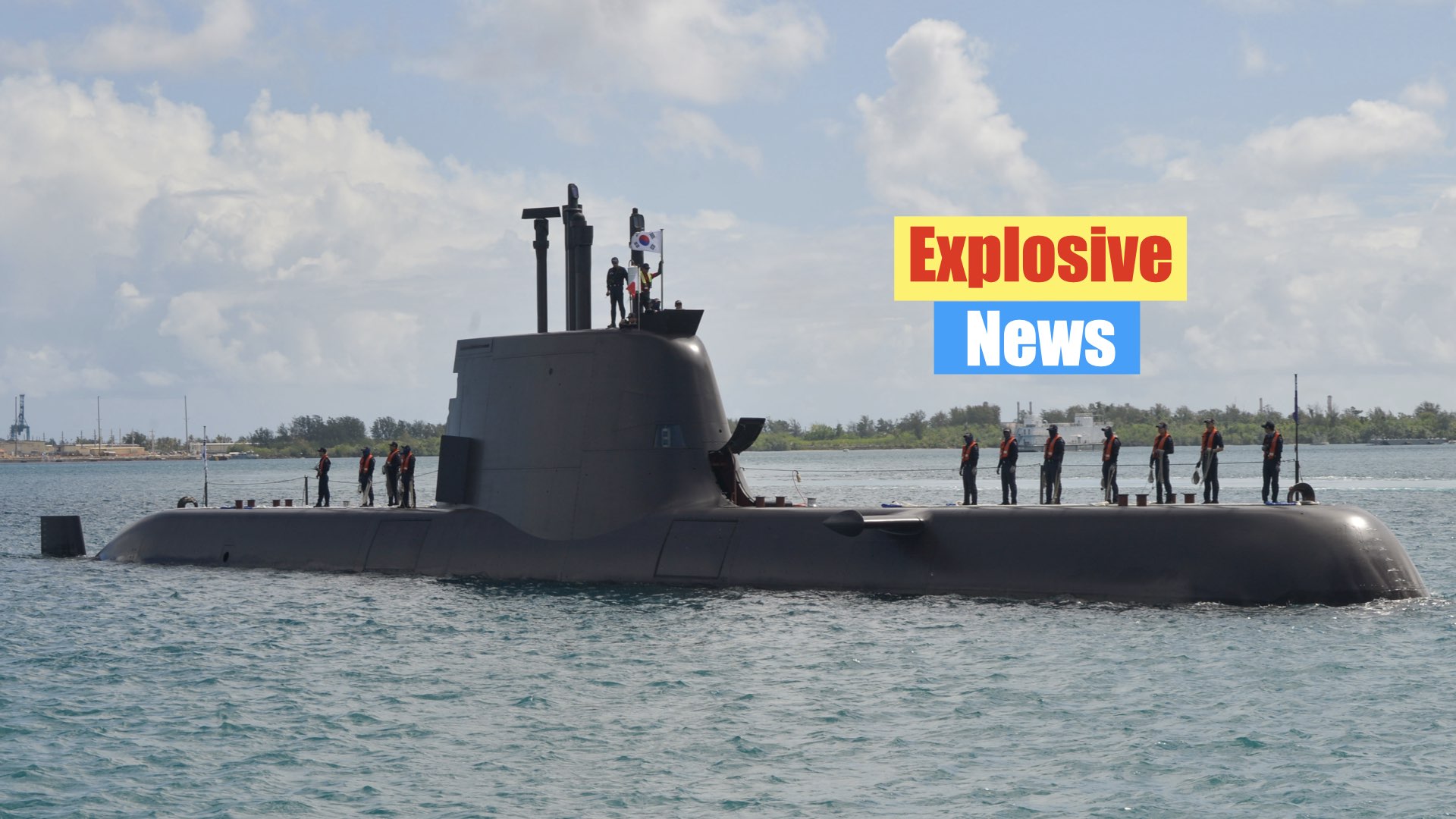
In the first article of this series, we explored how Thyssenkrupp Marine Systems (TKMS), after initially backing out, made a last-minute decision to re-enter the Indian Navy’s tendering process for the critical P75I submarine project. Now standing as one of the last two vendors in the race, we must ask: why did TKMS ultimately agree to the stringent terms laid out by the Indian Navy? To unravel this, we must look at some historical parallels and consider the ongoing complexities surrounding the company’s potential sale to Carlyle.
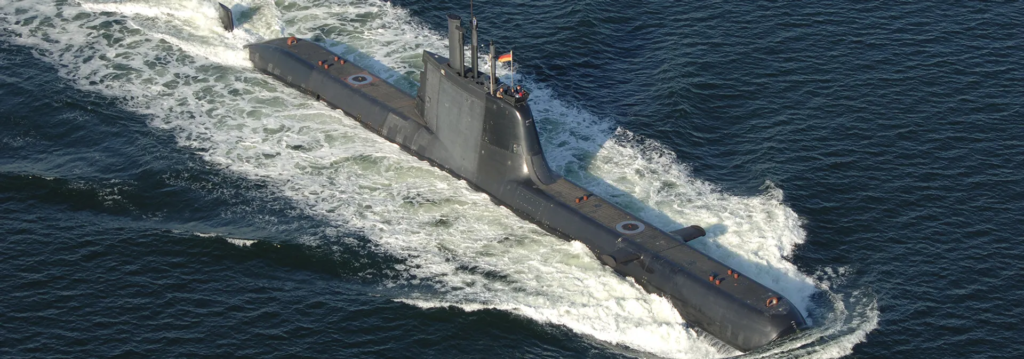
The Motivation Behind Thyssenkrupp’s Acceptance
TKMS’s decision to accept Indian Navy’s conditions, after initially hesitating, raises important questions. Why would the company reconsider after showing reluctance to meet these requirements? The reasons may not be solely based on operational capacity or technical readiness but likely connected to broader strategic objectives.
One theory centers on the ongoing negotiations between Thyssenkrupp and Carlyle (Do visit that link to read more) regarding the separation of TKMS from its parent company. According to Thyssenkrupp’s website, the two parties are working through the due diligence process, which suggests that the sale is progressing. In this context, agreeing to the Indian Navy’s stringent conditions could serve as a tactical move to increase the company’s value in Carlyle’s eyes. A firm with a prestigious contract for India’s P75I submarines would undoubtedly command a stronger negotiating position in the acquisition talks.

This raises a significant red flag for the Indian Navy. Is TKMS committed to delivering on its promises, or is the company merely seeking to enhance its value before handing over the reins to Carlyle? The possibility that the Navy could be left negotiating with new stakeholders mid-project is a worrying prospect. A similar situation unfolded during the Pipavav Shipyard fiasco, where delays and uncertainties surrounding the acquisition resulted in wasted time and resources.
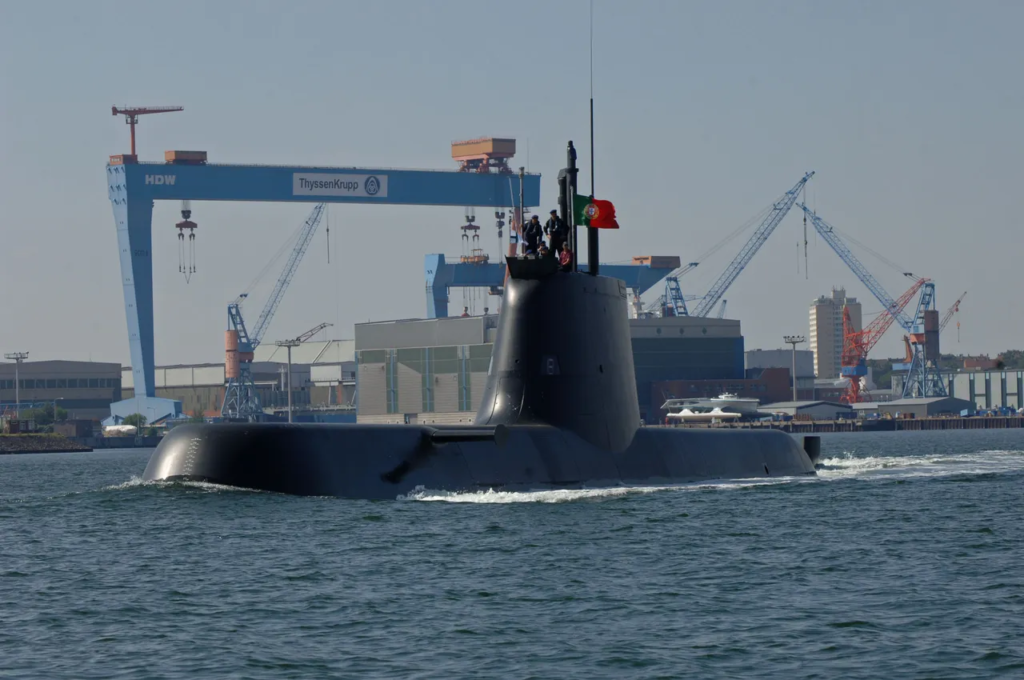
Lessons from the Shachi-Class Offshore Patrol Vessel Case
The Pipavav experience is particularly relevant here. In the first article, we touched upon the Shachi-class offshore patrol vessel and the Pipavav Shipyard debacle, which serves as a cautionary tale for large defense contracts. Although the Indian Navy eventually managed to recover the financial losses through contractual guarantees, it lost nearly a decade in the process. Can the Navy afford such delays in the submarine domain, where time is a critical factor?
China’s People’s Liberation Army Navy (PLAN) is rapidly expanding its submarine presence in the Indian Ocean Region (IOR), and India cannot afford to fall further behind. The P75I project is already running late, and any further complications could significantly affect India’s naval preparedness. With submarines playing such a crucial role in strategic deterrence, any delays or uncertainties in the procurement process could lead to severe operational consequences.
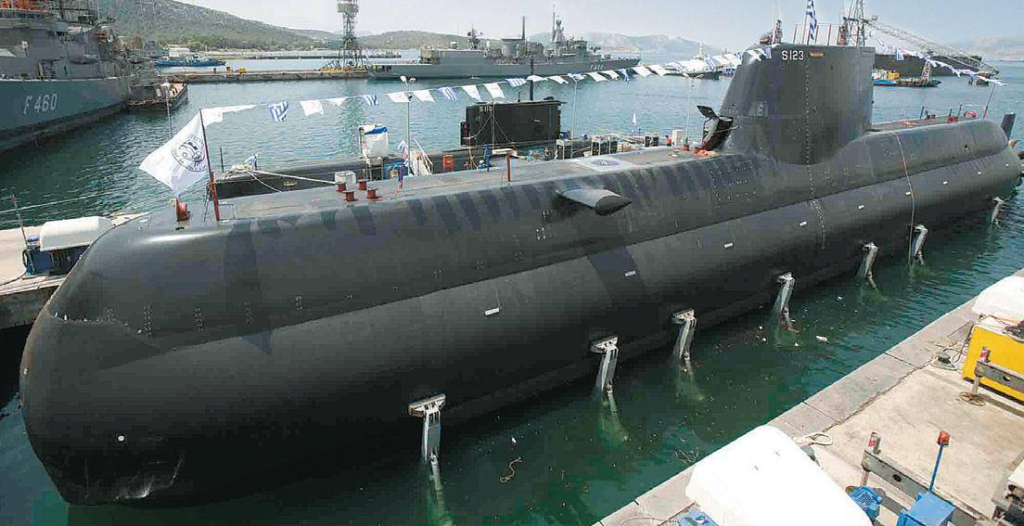
The Risk of Renegotiation
Given the broader context of TKMS’s potential sale, another concern emerges: what if the company’s current agreement to Indian Navy’s terms is a temporary measure aimed at securing the deal? After the acquisition is finalized, could Carlyle push for renegotiations when India is already deeply invested in the project?
The P75I is a cornerstone of the Navy’s future plans, and any disruptions could result in a strategic blunder. The Indian Navy must ensure that this situation does not spiral into another Pipavav-style fiasco. While contractual guarantees can provide financial cover, they cannot replace lost time or the impact on operational readiness, especially when submarine numbers are critical to counter PLAN activities in the IOR.

Ensuring Commitment and Avoiding Strategic Pitfalls
To mitigate these risks, the Indian Navy must implement safeguards to its commitments without room for renegotiation. Although, there isn’t a easy solution to this situation but committing to something and then renegotiation the terms is anyways “a losing deal”.

Ultimately, the P75I project is too important to fall victim to corporate maneuvering or delays. The Indian Navy’s decision to move forward with TKMS must be weighed carefully against the risks, and all possible scenarios should be considered to avoid strategic pitfalls.


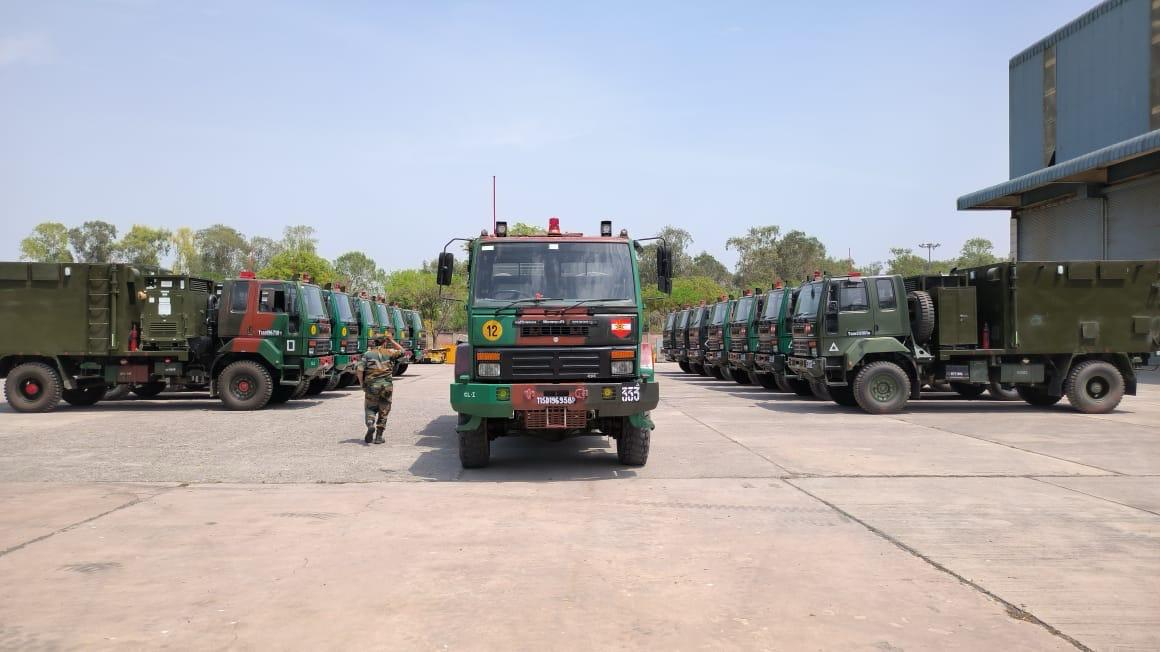
Why should we have foreign companies build our subs? Thyssen has screwed us before they can in midway stop supplying critical components
food for thought.
Świetny artykuł, dzięki za info. Temat ciekawy i świetnie pozwalający rozwijać wyobraźnie.